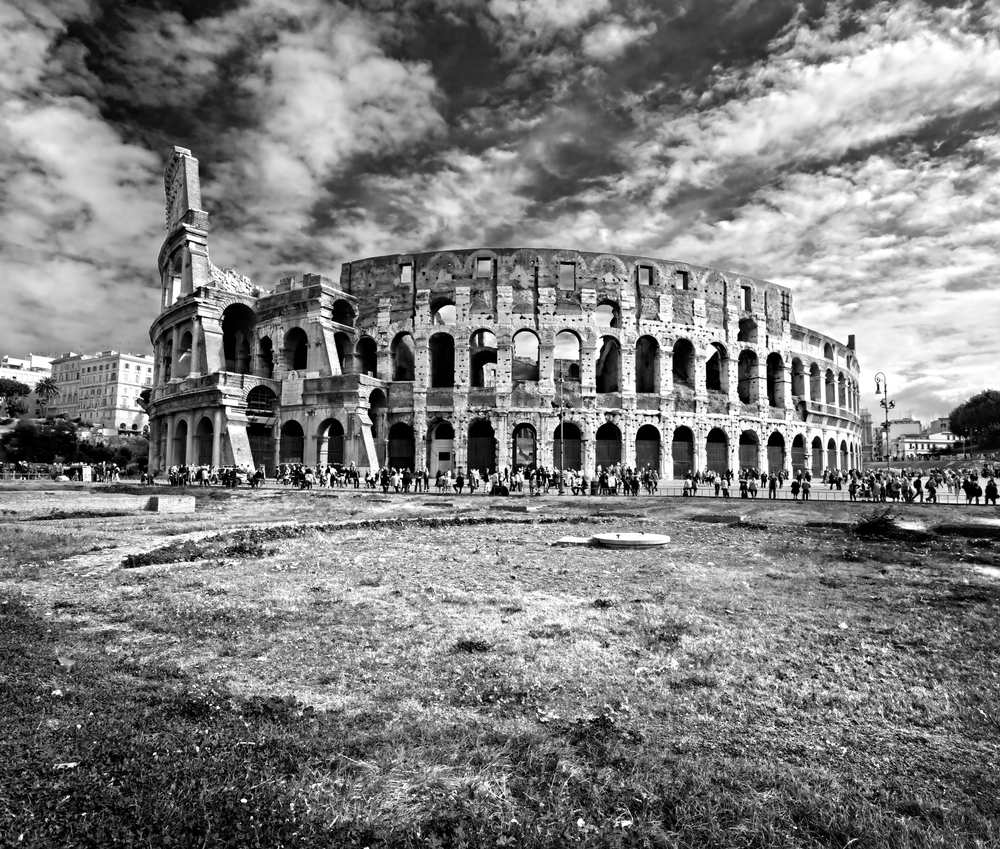There are many sorts of democracy, including illiberal democracies. Even with formally absolute power, a despot needs not only the support of his army, police, and other active clienteles, but also the support if only passive of a large proportion of his subjects. Putin in Russia provides a current illustration (“Public Sentiment in Russia Darkens Over Ukraine War,” Wall Street Journal, October 15, 2022):
Both Western Kremlin-watchers and many Russian political analysts who back Mr. Putin say that public discontent over the Russian president’s policies is unlikely to throw him off course or shake his control. But observers of Russia’s political landscape say the dissatisfaction threatens to spread, and the Kremlin does closely monitor Mr. Putin’s approval ratings. Policy analysts noted that while many Russians were willing to tolerate their president’s restrictions on political freedoms, they did so on the understanding that their lives and the country’s prosperity wouldn’t be destabilized.
“Many people feel disappointed, somehow deceived even, in the sense that they simply did not expect this turn of events,” said Grigorii Golosov, a political scientist at the European University at St. Petersburg. “Of course, it undermines their trust both in the Russian leadership in the short term and in the long-term perspective.”
If the Kremlin “closely does closely monitor Mr. Putin’s approval rating,” it is ultimately because it is recognized that the despot’s control could be shaken by too low a public approval. A despot must give, or be seen as giving, bread and circuses to “the people.”
We tend to exaggerate the difference between despotism and an unlimited—that is, illiberal—democracy.


READER COMMENTS
Fazal Majid
Oct 16 2022 at 11:24am
They need support from those power bases to gain power, but not necessarily to keep it, because it then becomes a coordination problem of how those factions will coalesce to act to remove him.
Pierre Lemieux
Oct 16 2022 at 4:46pm
Fazal: That’s a good point, but I would reformulate it. Other things being equal, it is less costly for a despot to maintain the tacit support of a large part of the population than to obtain it in the first place, because of collective action problems (à la Mancur Olson).
That’s the main reason, if not the only one, why formal elections are useful.
Mactoul
Oct 17 2022 at 6:19am
Curious phrase this– unlimited that is illiberal democracy.
I should say that a democracy that invents new customs and laws is quite an unlimited one.
If you agree, then I should point out US as the prime example of such a democracy.
Thomas Lee Hutcheson
Oct 17 2022 at 6:45am
Would the contrast be different for a limited, “liberal” democracy?
Pierre Lemieux
Oct 19 2022 at 11:01pm
Thomas: I don’t understand your point. You care to elaborate?
Jens
Oct 19 2022 at 10:06am
An illiberal democracy is not necessarily unlimited, just as a liberal democracy is not necessarily limited. For example, one may have limits on its adaptability, while the other is unlimited in its ability to redefine limits. All four propositions are true. Illiberal democracies are unlimited. Illiberal democracies are limited. Liberal democracies are unlimited. Liberal democracies are limited. Beckett would probably have listed them all at one time or another, simply because he can. Lemieux names only one of them, and that is part of his method.
Jose Pablo
Oct 19 2022 at 10:33pm
“We tend to exaggerate the difference between despotism and an unlimited—that is, illiberal—democracy.”
I don’t know. Look at Cuba (where I would say that the government does not have the support of a majority of its citizens), or the 89 Democracy movement in China, or Prague in 1968 or Venezuela today.
An autocrat can retain control of the country even without the support of a majority of its citizen, as far as he* retains control of the military (or the policy or, in general, the “armed groups”). That is a big different between despotism and unlimited democracy.
‘* As a “side thought”: why “female autocrats” don’t exist (AFAIN). Is “female autocrat” an oxymoron?
Pierre Lemieux
Oct 20 2022 at 11:29am
Jose: I did write “the support if only passive of a large proportion of his subjects” (emphasis added). There is no doubt that Hitler had the passive support of a large proportion of the electorate for a long time, and probably of the majority when he became chancellor under illimited democracy. But, as you seem to argue, formal elections are useful (it may be their only usefulness) when a large majority of individuals realize that they have been swindled.
Comments are closed.